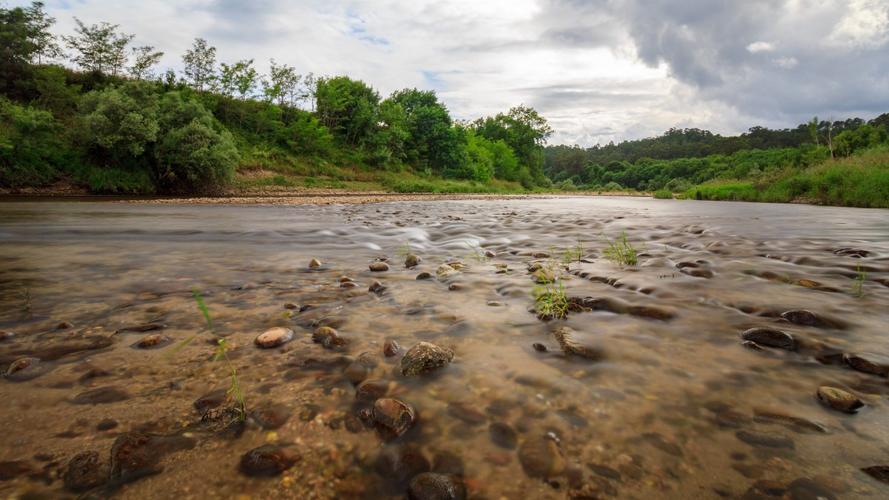10 Fascinating Facts About Plants You Need to Know
Plants are a crucial part of our ecosystem. They provide us with food, oxygen, medicine, and countless benefits. However, there is much more to plants than what meets the eye. Here are ten fascinating facts about plants you need to know.
1. Plants can communicate
Plants have complex communication systems that allow them to interact with other plant species, insects, and animals. Some plants use scent to attract pollinators, while others release chemicals to warn neighboring plants of danger.
2. Plants can survive extreme environments
Plants have evolved to survive in extreme environments such as deserts, mountains, and the Arctic. Some plants can survive in temperatures as low as -40°C, while others can withstand high levels of radiation.
3. Plants can remember things
Plants are capable of remembering information and reacting accordingly. For example, some plants can remember when they have been touched or eaten by an insect and will release chemicals to protect themselves.
4. Plants have healing properties
Many plants have medicinal properties and have been used for centuries to treat a wide range of ailments. For example, willow bark contains salicylic acid, which is the active ingredient in aspirin.
5. Plants can move
Plants may seem stationary, but some are capable of movement. For example, the Venus flytrap can close its leaves to trap insects, and the sensitive plant can fold its leaves when touched.
6. Plants can be used for renewable energy
Plants can be converted into renewable energy sources such as biofuels. This not only reduces our dependence on fossil fuels but also benefits the environment.
7. Plants have different defense mechanisms
Plants have developed various defense mechanisms to protect themselves from predators and environmental stressors. Some plants have thorns or spikes, while others produce chemicals that repel insects.
8. Plants have unique adaptations
Plants have unique adaptations that allow them to thrive in different environments. For example, cacti have evolved to store water in their stems and leaves, while orchids have developed unique structures to attract pollinators.
9. Plants have intricate reproductive systems
Plants have a diverse range of reproductive strategies. Some plants self-pollinate, while others rely on pollinators such as insects, birds, and bats.
10. Plants play a crucial role in the food chain
Plants are a primary source of food for many animals and play a crucial role in the food chain. Without plants, many animal species would not survive.
Conclusion
Plants are not just stationary objects that adorn our gardens and provide us with oxygen. They are complex organisms that have evolved to survive and thrive in diverse environments. Understanding these fascinating facts about plants can help us appreciate their importance and the role they play in our lives.
(Note: Do you have knowledge or insights to share? Unlock new opportunities and expand your reach by joining our authors team. Click Registration to join us and share your expertise with our readers.)
Speech tips:
Please note that any statements involving politics will not be approved.
